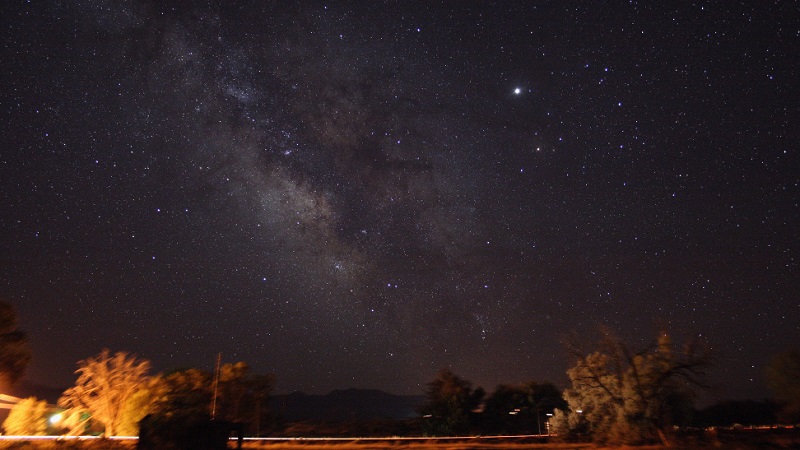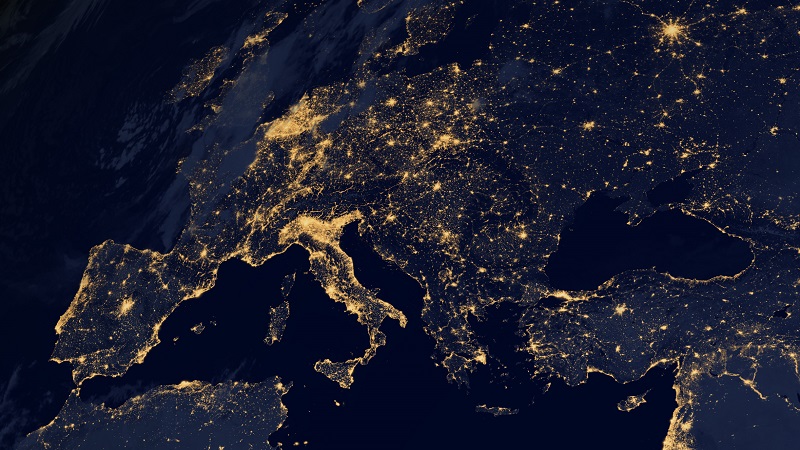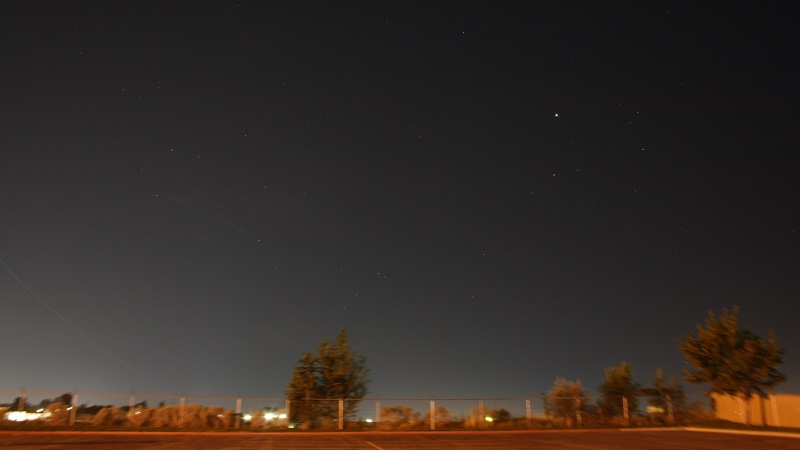
Excellent news! You have all the astronomical panorama at your disposal. Now it's up to you to choose what you prefer to do in order to select the most suitable telescope. Of course, with a good sky at hand, it would be a shame not to go for "deep sky" astronomy (galaxies, nebulae, star clusters ...) ;)

Do you have a really dark sky available? If you can see the Milky Way with the naked eye (when the moon does not disturb, during the "new moon" phase), you probably have a decent sky without much light pollution (LP). The more clear and carved it looks (almost like a cloud), the better it is. For further information please refer to the Bortle scale of the sky brightness. Also consider that a lot of amateur astronomers are forced to travel - even more than 100km from home - to find a really dark sky. The best places are in the mountains, where the atmospheric extinction is lower (i.e. there is less atmosphere that filters the faint starlight). Take a look at this LP map to locate the "dark sky" closer to you.

Do not despair: even from moderately "polluted" skies, you can still do astronomy. Of course, you will only be able to see the brightest deep-sky objects (mainly objects from the Messier catalogue) and solar system objects. Remember that the sun (always use a "full aperture filter"!), the moon and the planets of the solar system are still great subjects for long and interesting observations.
